Visit of Belarus Chernobyl children threatened
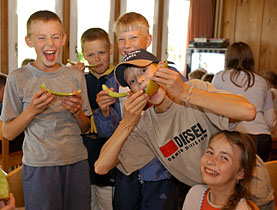
Hundreds of Belarussian children suffering from radiation after the Chernobyl power plant disaster in Ukraine could be denied a visit to Switzerland.
Belarus President Alexander Lukashenko has threatened to cancel the trip after fearing some children would not want to come back home. The decision has angered Swiss organisers who say the youngsters are being used as political pawns.
For more than a decade, about 400 children from the eastern European country – aged between seven and 16 – have made an annual journey to Switzerland to receive medical treatment and social support.
They are all suffering from the effects of radiation that still lingers on in the region following the meltdown of the Chernobyl nuclear reactor in neighbouring Ukraine in 1986.
The charms of democratic freedom have proved irresistible to some of the visitors to western countries and two have claimed political asylum in recent years.
Although these cases did not take place in Switzerland, Lukashenko still demanded written guarantees from the Swiss that the children would be sent back home after the trip. This demand was rejected, on the grounds it conflicted with Swiss law.
Negotiations have reached stalemate with each side saying it is up to the other to make the next move. And Swiss organisers of the annual trip already believe that time has run out.
Children “hostages”
Andreas Goerlich-Koch, of the Hardwald Chernobyl aid project based near Zurich, believes the children have become the victim of hardball politics.
“When they come to Switzerland they see democracy and a better way of life than in Belarus and that makes them ask why things can’t be like that at home,” he told swissinfo. “The president is holding these children hostage for the sake of his policies.”
“The children are very down and disappointed. There was hope for their health and that has now disappeared.”
Goerlich-Koch’s charity is among around a dozen that invite the children every year. They do not get specific treatment for radiation illnesses, but they do receive vital vitamin courses and dental care that is denied to them at home.
And just a few weeks away from the dangerously high levels of radiation they are normally exposed to are enough to help reduce the concentrations in their bodies.
Relief continues
Part of the programme has also been aimed at fostering links with Swiss children and families to offer moral support.
“Nobody wants to visit a country with so much radiation so they lack contact with the outside world. If they come to Switzerland they get hope because they come into contact with people and know that they have not been forgotten,” Goerlich-Koch said.
The Chernobyl Hardwald group plans to visit Belarus this year to organise treatment in local hospitals. And if the ban on children travelling is not lifted, the charity said it would invite adults who are not covered by the presidential decree.
“The president is tough but we are also tough. The worst message would be to say we have stopped,” said Goerlich-Koch.
Belarus has denied putting a political obstacle in the way of the children’s visit. It believes that youngsters in the United States and Italy had been pressured into staying and says it merely wants to clarify procedures on a diplomatic level to avoid children’s rights being infringed.
The Swiss foreign ministry said its compromises had been rejected, but talks would continue.
swissinfo, Matthew Allen in Zurich
On April 26, 1986, a reactor at the Chernobyl nuclear power plant in Ukraine melted down, sending a cloud of radioactive fallout over parts of the western Soviet Union, eastern Europe, Scandinavia, Britain and the eastern United States.
A 2005 report by the International Atomic Energy Agency attributes 56 deaths directly to the meltdown (47 accident workers and nine children with thyroid cancer).
It also estimates that as many as 4,000 people may ultimately die from long-term accident-related illnesses.
Canton Ticino reported the highest levels of radioactivity in Switzerland. Swiss authorities banned fishing on Lake Lugano and recommended that pregnant and breast-feeding mothers and small children avoid fresh milk and vegetables.
The government later had to compensate fishermen and farmers for loss of income.

In compliance with the JTI standards
More: SWI swissinfo.ch certified by the Journalism Trust Initiative

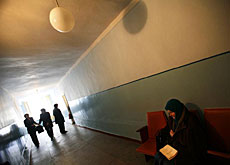
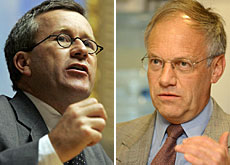
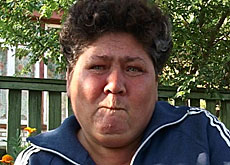
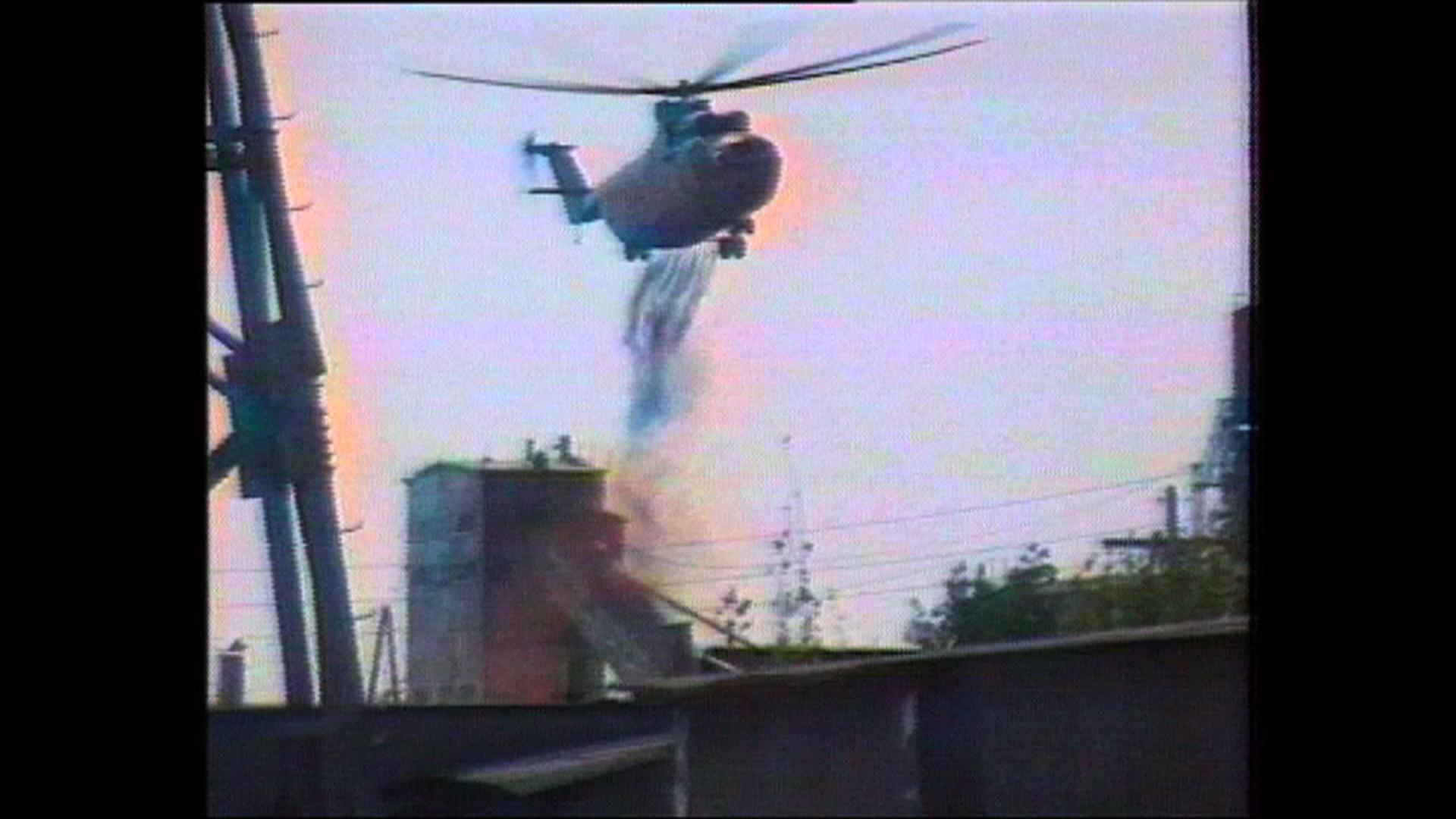
You can find an overview of ongoing debates with our journalists here. Please join us!
If you want to start a conversation about a topic raised in this article or want to report factual errors, email us at english@swissinfo.ch.